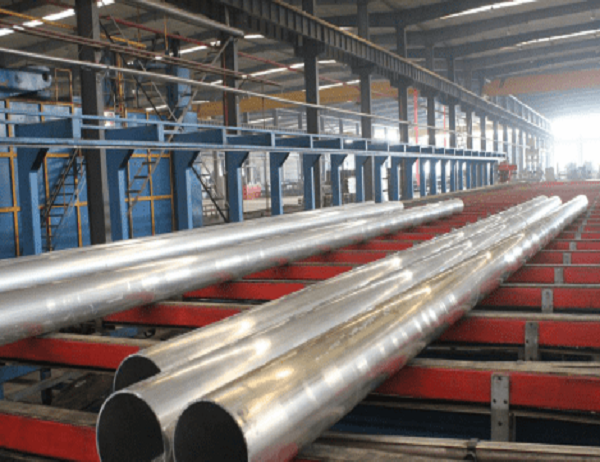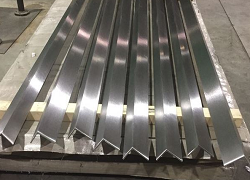The aluminum tube industry is undergoing significant transformation as a result of technological advancements. These advancements are streamlining production processes, enhancing quality control, and improving supply chain efficiency. Here are the key ways in which technology is reshaping the aluminum tube supply chain:
Automated Production Lines
Automated production lines have revolutionized the way aluminum tubes are manufactured. These lines use advanced machinery and robots to perform tasks such as cutting, welding, and finishing. They operate with precision and efficiency, reducing the risk of errors and inconsistencies. By automating these processes, manufacturers can increase productivity, reduce labor costs, and ensure consistent quality.
Advanced Material Handling Systems
Advanced material handling systems play a crucial role in streamlining the movement of aluminum tubes throughout the supply chain. These systems utilize automated conveyors, automated guided vehicles (AGVs), and intelligent warehousing solutions. They optimize storage and retrieval processes, reduce downtime, and improve inventory management. By enhancing material handling efficiency, manufacturers can reduce costs and improve responsiveness to customer demands.
Digital Inspection and Quality Control
Technology has significantly enhanced inspection and quality control processes in the aluminum tube supply chain. Non-destructive testing (NDT) techniques, such as ultrasonic and X-ray inspection, are used to identify defects and ensure the integrity of tubes. Digital image processing and computer vision systems analyze product images to detect irregularities and nonconformities. These advancements help manufacturers maintain high quality standards and reduce the risk of defective products reaching the market.
Advanced Supply Chain Management Systems
Advanced supply chain management systems (SCMs) are transforming the way aluminum tubes are sourced, tracked, and delivered. These systems provide real-time visibility and control over the entire supply chain. They enable manufacturers to optimize inventory levels, forecast demand, and collaborate with suppliers and customers. By leveraging data analytics and machine learning, SCMs can identify inefficiencies, reduce lead times, and improve overall supply chain performance.
Traceability and Transparency
Technology is also enhancing traceability and transparency in the aluminum tube supply chain. Blockchain and radio frequency identification (RFID) technologies enable manufacturers to track and trace tubes from raw materials to finished products. This information can be shared with customers, providing them with assurance about the origin and quality of the tubes they receive. Increased transparency fosters trust and strengthens relationships between suppliers and customers.
Sustainability and Environmental Impact
Technology is also supporting the sustainability and environmental impact of the aluminum tube supply chain. By optimizing production processes, minimizing waste, and reducing energy consumption, manufacturers can reduce their environmental footprint. Advanced recycling technologies allow for the recovery and repurposing of aluminum tubes, minimizing their contribution to landfills and preserving natural resources.
In conclusion, technology is transforming the aluminum tube supply chain in a multitude of ways. By automating production processes, optimizing material handling systems, enhancing quality control, implementing advanced supply chain management systems, and promoting traceability and sustainability, technology is improving efficiency, reducing costs, enhancing quality, and creating a more sustainable and transparent supply chain. As technology continues to advance, the aluminum tube industry will continue to evolve, providing innovative solutions and benefits to manufacturers and customers alike.



